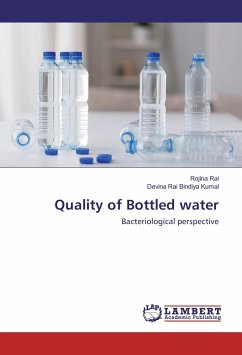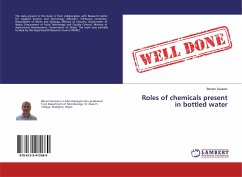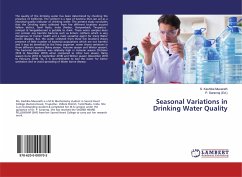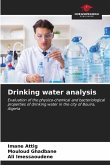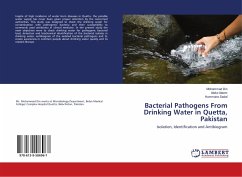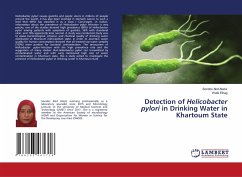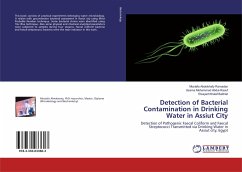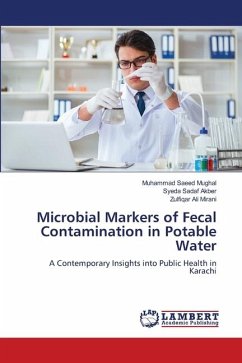Bottled water is one of the commercialized form of drinking water. The demand and consumption of bottled water are increasing rapidly due to it's easy availability, convenient, and are usually considered safe for consumption. The consumption of contaminated water with coliform and heterotrophic bacteria may lead to water-borne diseases such as diarrhea, typhoid, cholera etc. Bacteriological quality of bottled water was analyzed in this study by using Membrane Filtration and Spread plate technique. Among 24 randomly collected bottled water samples, no samples were free from bacteria and only 12.5% samples were bacteriologically safe for drinking. This study also found E.coli in 54.2% of total bottled water sample which indicates recent fecal contamination in water. This study put the light on the quality of bottled drinking water which may cause serious public health problems. The result of conducted analysis might be useful to the consumers, researchers, and concerned authorities.
Bitte wählen Sie Ihr Anliegen aus.
Rechnungen
Retourenschein anfordern
Bestellstatus
Storno

